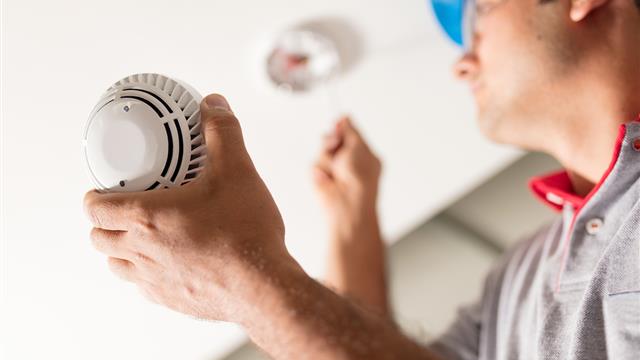Boiler care for landlords
Published on: June 6, 2023
Updated on: December 13, 2023

One of the biggest expenses for landlords is fixing or replacing a faulty boiler.
It’s something nobody wants to do, but there are lots of ways you can avoid having to make that dreaded call to your plumber.
A few simple steps can help keep your boiler in good shape and your property warm for your tenants.
Get it serviced
Getting your boiler serviced regularly can help keep it in good working order and put a stop to common faults before they happen.
Having a regular boiler service means you can prevent future problems and keep it healthy for longer.
Looking after your boiler with an annual service comes with a number of potential benefits, including:
- It will work as safely and efficiently as possible and help to keep your energy costs down
- Your warranty will stay intact - many manufacturers’ warranties require your boiler to have a regular service from a registered gas engineer
- You’ll stay on the right side of the law – landlords must provide their tenants with a gas safety certificate every 12 months
Get ready for winter
Getting your boiler ready to withstand the cold winter temperatures is another way to keep it ticking over when you need it the most.
A few simple tasks can help you prepare your property for the cold weather:
- Bleed your radiators – this removes any pockets of air and improves your heating system’s efficiency.
- Check the boiler pressure – if your boiler pressure is too low, it might not work properly, and your property will be colder than it should be.
- Insulate pipes – water is slowly released from your boiler through a condensation pipe which can freeze in cold temperatures. Lagging this pipe with foam can stop it from freezing and keep your boiler running efficiently.
- If your boiler is in the loft, open the hatch during cold temperatures to let some heat in and prevent it from freezing.
What to do if your boiler breaks down
The first thing to do in an emergency is find your mains water stopcock and turn it off.
It’s a good idea to find out where your stopcock is before an emergency happens.
You should also know how to turn off your gas supply. You can usually find it under the kitchen sink, under the stairs, or in the garage.
To turn off the gas, you just need to give the handle a quarter turn so it’s 90 degrees to the upright gas pipe.



